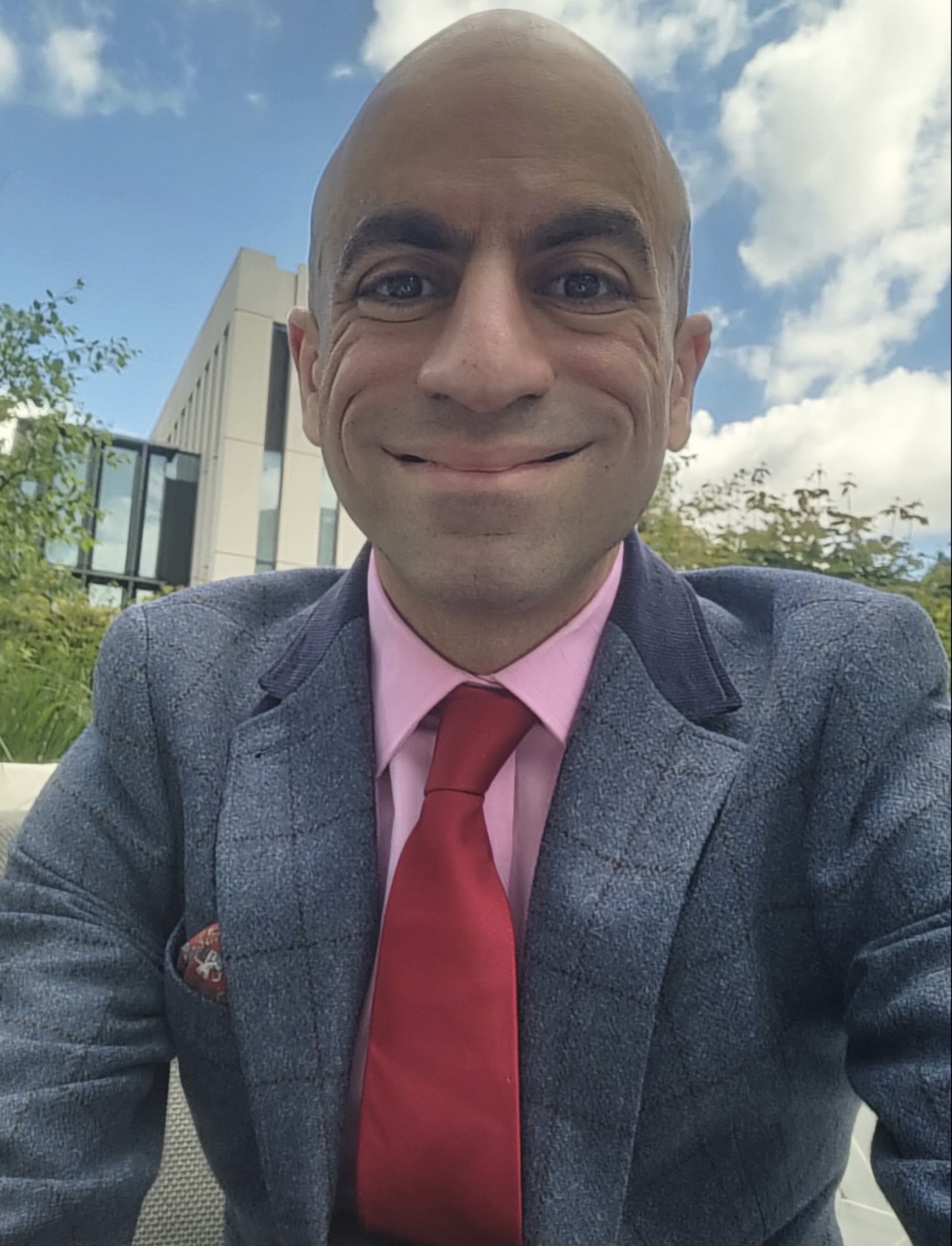In my work as a consultant psychiatrist, I see many people who are at breaking point. I, too, have been in that dark and lonely place having experienced a mental health crisis whilst I was a medical student. Indeed, this period perhaps was the most traumatic of my life. This article is about the lessons I learned from that transformative experience and how people living with a mental health condition can not only survive but thrive.
My journey
It was in my third year of medical school that there were profound changes in my mental health. I can say this now with the benefit of hindsight and with the specialist knowledge I have acquired through my professional training, but at the time I was not conscious of or aware of these changes. I was still, up until that point, within the parameters of functionality.
Looking back, there were worrying signs that my mental health was deteriorating - my mood would fluctuate, my sleep patterns were highly irregular, and I had lost all motivation to attend my classes. Little did I know back then that a symptom of major depressive disorder is a loss of interest in things that were previously joyful. And slowly but surely, these feelings began to compress me.
A day that changed me
On the morning of one of my clinical exams, I went to the teaching hospital where it was taking place and, whilst waiting to be called, was summoned into a different room. The staff member explained I had originally been allocated to an earlier cycle, who had already taken their exam. It then dawned on me that I must have been so stressed and overburdened that I wrote down the wrong exam details. In a meeting to discuss this with the school's management, the floodgates opened. My thoughts had become so disorganised, my speech so rapid and pressured that there was an unfiltered torrent of words. The dean recognised the distress I was under, listened attentively and empathically and offered kindness. To this day, we remain in touch.
However, compassion was not shown by everyone at the medical school and I had to take a year out, triggering a major depressive episode - the symptoms of which were so severe that I was simply unable to function. I blamed myself for everything and felt like a complete and utter failure. I remember retreating and isolating myself from everyone.
Recovery and discovery
These were the darkest days of my life. It took me years to recover from these devastating symptoms and, much like many others living with mental health conditions, my recovery was far from a linear process. There are occasions when it can feel that you are taking one step forward and two steps back. I certainly don't have all the answers but here's five key lessons I've learnt from my journey that I regularly come back to.
1. You need a North Star
Personally, the importance of exercise and staying active for my mental health cannot be overstated. My mental health has remained relatively stable for over 10 years without the need for psychotropic medications i.e., psychiatric drugs despite the severity of my symptoms when my mental health did worsen. I attribute this stability to daily exercise.
My Islamic faith and the arts also played an important role towards my recovery and discovery and continue to play important roles in my mental health resilience.
2. Be proud of yourself
I would say that my mental health condition, in a way, is my superpower. It informs and guides my approach to patient care, and inspired me to launch The Wounded Healer programme to help debunk the many myths and stigmas about persons living with mental health conditions. We should celebrate our wins, no matter how big or small they seem, and reflect on how far in your journey you have come.
3. A 'one-size-fits-all' approach to mental health doesn't work
For some people, medication isn't helpful. For others, it is. We need to have a personalised and holistic approach to mental health that takes into consideration what works and what is safe for the individual patient and what their preferences are. This must be grounded on a human rights framework.
4. Your real friends will elevate you, not lower you
Living with a mental health condition helped me to discover who my real friends are. They are not the ones who stigmatise you or who run far away from you after you have become unwell. And I am not saying that we should be quick to judge who a true friend is. After all, the symptoms of a severe mental health condition can be just as perplexing and frightening to them as they are to you, and it can take time to learn and understand this. The point is that living with a mental health condition can help us to discover more about ourselves and the people in our circles.
5. Show kindness and hope
'Never take hope away from someone. Sometimes, hope is all they have left...'
Reaching my breaking point taught me that we should strive to be the hand that reaches out and stops someone from falling over the edge, not the hand that pushes them. So, whether you are struggling yourself or you are looking to support those around you, remember that your compassion will go a long way. We are each fighting battles that others have no idea about so in a world where we can be anything, be kind to others and kind to yourself.
Dr Ahmed Hankir is the author of Breakthrough: A Story of Hope, Resilience and Mental Health Recovery

